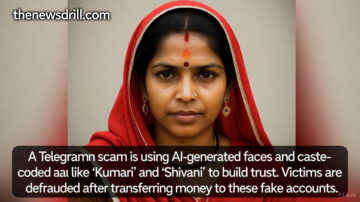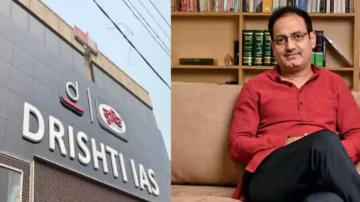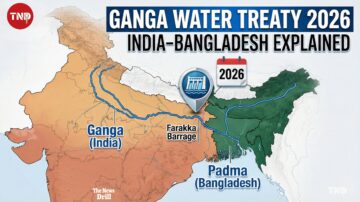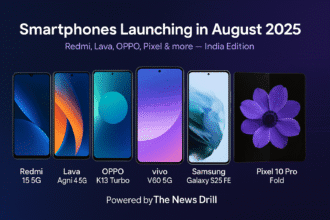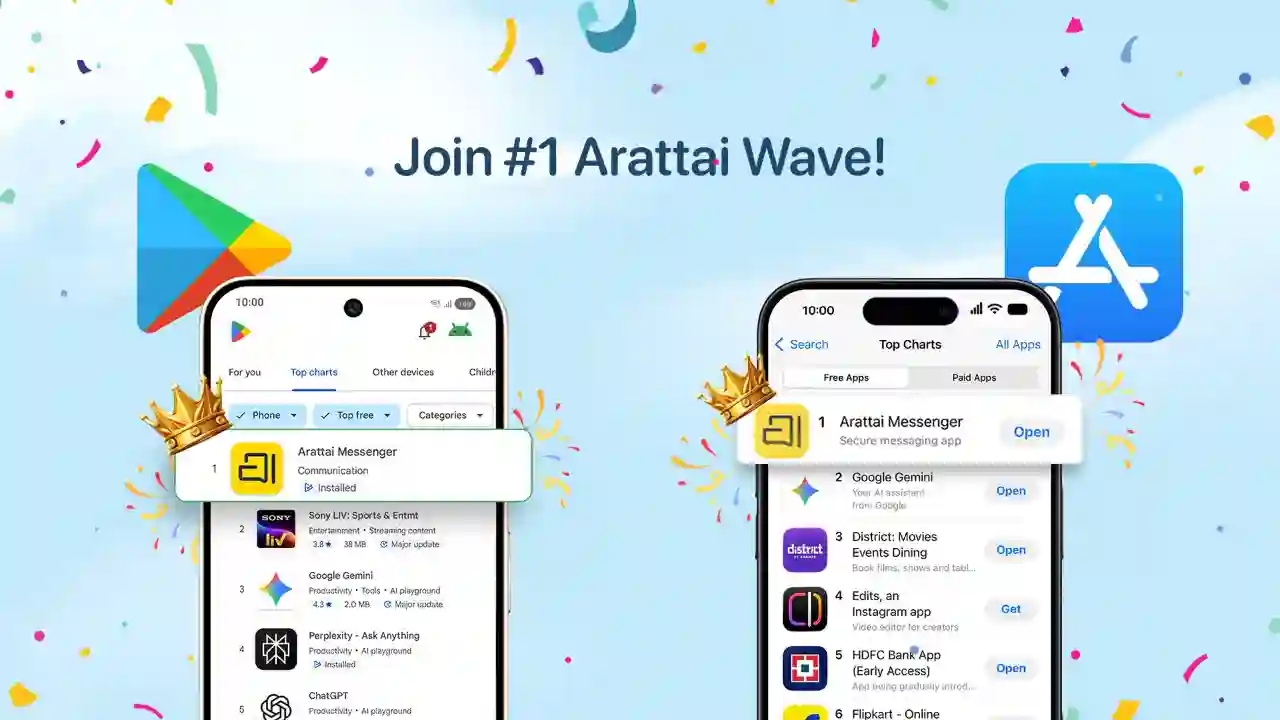
In a big win for homegrown technology, Arattai, Zoho’s Made in India messaging app, has climbed to the number one spot on both the Google Play Store and Apple App Store. The app is emerging as a strong alternative to WhatsApp, with endorsements from government officials, a massive rise in user sign-ups, and features tailored for Indian users. With over one million users and growing rapidly, Arattai is now firmly in the spotlight as India’s latest digital success story.
What is Arattai?
The name Arattai means “casual chat” in Tamil, reflecting its purpose as a simple and easy to use messaging platform. Developed by Zoho, the app was first launched in January 2021. Initially, it gained moderate traction, but recent weeks have seen a huge surge in downloads and active users. According to reports, daily sign-ups skyrocketed from about 3,000 to nearly 350,000 within just three days a 100x jump.
Zoho founder Sridhar Vembu confirmed this growth, saying the company had to scale its infrastructure on an emergency basis to keep up with the spike in demand. This sudden popularity has been further boosted by endorsements from Indian government leaders such as Education Minister Dharmendra Pradhan, who described Arattai as “free, easy-to-use, secure, and safe.”

Why is Arattai Gaining Popularity?
The rise of Arattai comes at a time when digital sovereignty and data privacy are key concerns for Indian users. Being a Made in India app with data centres located within the country, it appeals strongly to those who prefer local control over their information. Additionally, the app’s design emphasizes accessibility, ensuring smooth performance even on low memory smartphones and 2G or 3G networks, making it a suitable choice for rural users.
Another factor is its ad-free experience. Unlike WhatsApp, which is part of Meta’s ecosystem and increasingly integrated with advertisements, Arattai has committed to keeping the platform free of ads and not monetising personal user data.
You May Like: Elon Musk Unveils Grokipedia: xAI’s Ambitious Bid to Rival Wikipedia with AI-Powered Truth
Arattai vs WhatsApp: Key Differences

While WhatsApp remains India’s most widely used messaging platform, Arattai is carving a niche with unique features and homegrown credibility. Here are some of the key differences:
- Multi Device Support: Arattai allows access on up to five devices simultaneously, including desktops and even Android TVs. WhatsApp, by comparison, does not yet offer support for TVs.
- Pocket Feature: Arattai offers a “Pocket” space where users can store notes, reminders, media files, and documents. While WhatsApp has a self-chat option, it lacks the same level of organisation.
- Meetings Tab: Unlike WhatsApp, Arattai includes a dedicated tab for scheduling and managing video meetings, expanding its use beyond personal messaging to professional communication.
- Lightweight and Accessible: Designed to consume less data, Arattai performs well on older smartphones and weaker networks, making it ideal for users outside metro cities.
- Group Chats: Arattai supports large groups with up to 1,000 members, slightly below WhatsApp’s 1,024-member limit but still significant.
Security and Privacy Concerns
One area where WhatsApp continues to maintain an edge is end to end encryption (E2EE). WhatsApp applies E2EE to all forms of communication texts, calls, and file sharing. Arattai, however, currently provides full E2EE only for voice and video calls, while text message encryption is not fully implemented yet. Zoho has assured users that encryption for chats is in development and will roll out in future updates.
Despite this, Arattai emphasizes its privacy-first approach. The app assures users that their data will not be used for advertising or sold to third parties, a promise that resonates strongly in an era of growing data misuse concerns.
Availability and Platforms
The Arattai app is available for free on both Android and iOS platforms. It can be downloaded directly from the Google Play Store and Apple App Store. Apart from mobile, the app is also compatible with desktops (Windows, macOS, Linux) and Android TV, making it one of the most versatile messaging apps available in the Indian market today.
The Road Ahead for Arattai
While Arattai has clearly succeeded in attracting users and attention, the challenge now lies in maintaining momentum. To truly compete with WhatsApp, the app must accelerate its work on end to end encryption and continue scaling infrastructure to handle the rapidly growing user base.
Nonetheless, Arattai’s success marks an important milestone in India’s digital journey. A homegrown app topping the global charts shows the increasing potential of Indian technology companies to challenge international giants. If Zoho can continue refining features, strengthen security, and maintain its user-first approach, Arattai could establish itself as a long-term player in India’s messaging app market.


